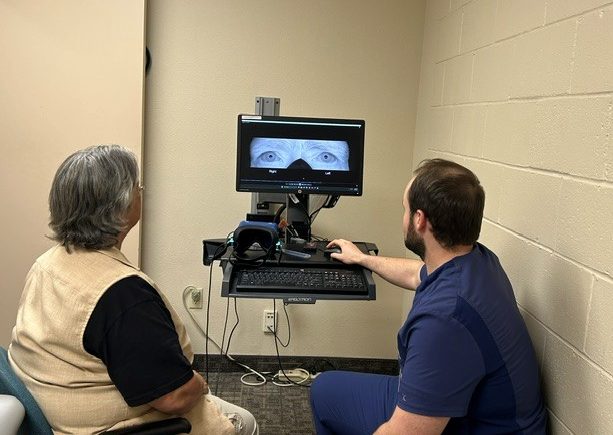SANTA ROSA, Calif. – A lot happens within a child’s mind and body as they grow. Their personalities emerge, their moods shift, and their bodies mature. With so much rapid change, its important they get on a path to being and staying as healthy as possible, and well-child visits can help ensure this happens. While these visits may have been postponed in recent months, now is the time to check back in.

“Well-child visits help track children’s health and development, address parents’ questions or concerns, and provide recommended immunizations to prevent illness,” says Tara Scott, M.D., program director of the Sutter Santa Rosa Regional Hospital Family Medicine Residency program.
Read on for reasons why scheduling your son or daughter’s well-child visit should be high on your list and the precautions Sutter care centers are taking amid COVID-19:
Physical Development
The physical part of a well-child exam may include checking your child’s blood pressure, vision, hearing, height and weight. Are they overweight? Underweight? A doctor will help address these concerns. The doctor may also listen to your child’s lungs, feel their abdomen and check their reflexes.
It’s during this part of the exam a doctor may also ask about sleep, exercise and their social circle.
“Over the course of a child’s life from birth to 18, they may have between 15 and 20 well-child visits, with more taking place in their early years and then annually or every other year as they get older,” says Scott. “Well-child visits are more than an annual physical, however.”
Mental Health & Development
Just as important as physical growth is mental growth.
“Many mental health problems occur early in life and may disrupt a child’s developmental processes,” says Scott.
During well-child visits, doctors may ask open-ended questions that assess a child’s mental and emotional state. Questions like “What do you want to be when you grow up,” “Tell me about what you’re looking forward to this fall,” “What are your favorite subjects in school,” or “What are you and your friends doing over summer break” may reveal a lot about what’s happening inside your child or teenager’s mind.
In times like a pandemic, where a lot of change is happening very quickly, a doctor may be able to uncover early signs of mental health problems that require specialized care. They may also be able to identify common signs of anxiety or depression and put in place interventions to help alleviate your child’s symptoms.
Vaccinations
Regular well-child visits are the time when important and recommended immunizations are given.

The measles vaccine, for example, is first administered between 12 and 15 months, with the second dose given between four and six years old. Measles are actually more contagious than COVID-19. Once a community measles immunization rate drops below 90 percent vaccinated, outbreaks can happen. In 2014, California dropped below this rate and experienced a measles outbreak, and another one in 2019.
According to Dr. Scott, “Keeping up with current recommended vaccinations keeps children safe from other illnesses that may be even riskier than COVID-19.”
Now is the time to schedule well-child visits. Even if your child is feeling OK, preventive care is very important.
Our Current COVID Precautions
Sutter care centers, including doctors’ offices, have implemented specific measures to help protect patients. These steps include:
• Mandatory Masking – Staff, patients and visitors must wear masks at all times.
• Isolation – Those with COVID-19 symptoms are treated in separate spaces.
• Cleaning – Teams are performing cleaning and disinfecting.
• Screening – Everyone is screened for signs and symptoms of COVID-19 before entering care sites.
• Contact-Free Check-In – Skip the front desk and check in from your mobile device at some locations through Hello Patient, a new feature on My Health Online.





